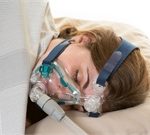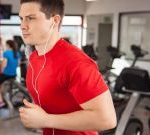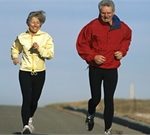
New research involving the DNA of 200,000 U.S. veterans suggests that there really is such a thing as a “worry gene.” Researchers have identified six genetic variants linked to anxiety — a discovery that may help explain why anxiety and depression often go hand in hand. “This is the richest set of results for the genetic basis of anxiety to date,” said study co-lead author Dr. Joel Gelernter, director of human genetics at Yale University in New Haven, Conn. “There has been no explanation for the comorbidity of anxiety and depression and other mental health disorders, but here we have found specific, shared genetic risks,” he said in a university news release. The researchers identified the six variants linked to anxiety by analyzing the genes of about 200,000 veterans. Five variants were found in European Americans, and one was found only in blacks, according to the report published Jan. 7 in the American Journal of Psychiatry. “While there have been many studies on the genetic basis of depression, far fewer have looked for variants linked to anxiety, disorders of which afflict as many as one in 10 Americans,” said study senior author Dr. Murray Stein. He’s a professor of psychiatry, family medicine and public health at the University of California, San Diego. One variant occurs in a gene involved in functioning of receptors for the… read on >
















